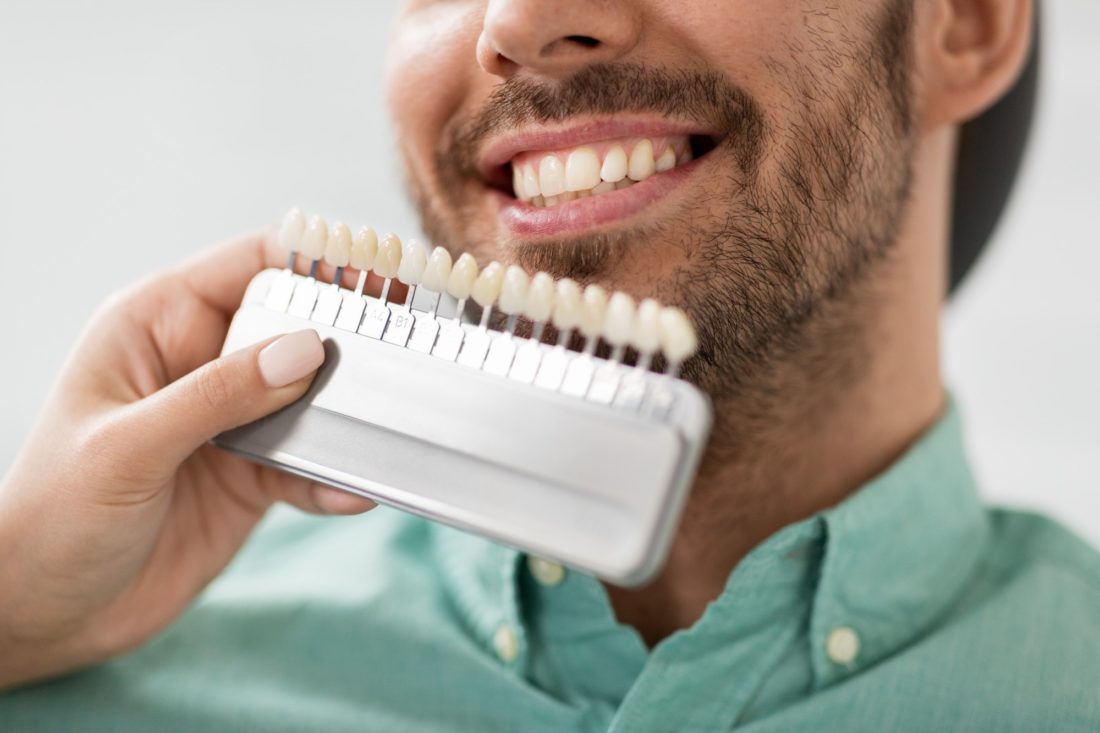
Do your front teeth appear discolored, broken, chipped, or smaller than the rest of your teeth? You don’t have to hide your entire smile because of a minor issue. Instead, talk to your dentist about the types of veneers available.
Dental veneers can restore your smile. How often do veneers need to be replaced, though? It depends on the type you choose.
Read on to learn more about veneers today!
How Often Do Veneers Need to Be Replaced?
Remember, different types of veneers have different lifespans.
Traditional porcelain veneers usually last at least 10 years (though, with proper care, they could last as long as 20 years). No-prep veneers, on the other hand, last between five and seven years.
While they won’t last forever, dental veneers are an effective treatment option for:
- Gaps between teeth
- Broken or chipped teeth
- Severe discoloration
- Unusually shaped teeth
- Smaller than average teeth
These aesthetic issues could make you self-conscious about your smile. Though veneers aren’t permanent, they can help you feel more confident.
Signs to Replace Them
If you already have dental veneers, it’s important to assess them regularly. Let your dentist know if your veneers appear cracked or chipped. You should also look for dark discoloration or signs of tooth decay.
Visit your dentist every six months for routine appointments. They may spot the signs you need to replace your veneers before you do.
In the meantime, make sure you’re avoiding these dental veneer mistakes.
Make the Best Veneers Last
Talk to your dentist to choose the best veneers based on your oral health needs. Your dentist can also provide tips to help your veneers last longer. For example, you shouldn’t:
- Play sports without a mouth guard
- Chew on hard objects (fingernails, pens, ice, etc.)
- Chew with your front teeth
- Grind or clench your teeth
If you struggle with bruxism (teeth grinding), talk to your dentist. They may recommend you wear a retainer or mouth guard to protect your teeth at night. Otherwise, grinding your teeth can damage your veneers.
Once your veneers are in place, prioritize your dental hygiene by following good dental habits. Brush twice a day to remove plaque, bacteria, and food particles. Floss daily to remove plaque and food particles from between your teeth.
Only 64% of adults in the US have visited their dentist in the past year. Schedule routine check-ups every six months. Regular appointments will improve your dental hygiene and allow your dentist to assess your veneers.
Prioritizing your dental hygiene could extend the lifespan of your veneers. It could also help you avoid oral health issues that can lead to missing teeth.
Talk to a Dentist About Your Veneers
To recap, how often do veneers need to be replaced? It can vary depending on the types of veneers. The average lifespan is about 10 years, though they could last longer with care.
Our team at Michelle Wang DDS is dedicated to your dental health. We can improve your dental hygiene and extend the lifespan of your dental veneers.
Contact our office today to schedule your next appointment!
